Keto and Intermittent Fasting Explained by a Nutritionist
Our nutritionist weighs in on eating keto and intermittent fasting.
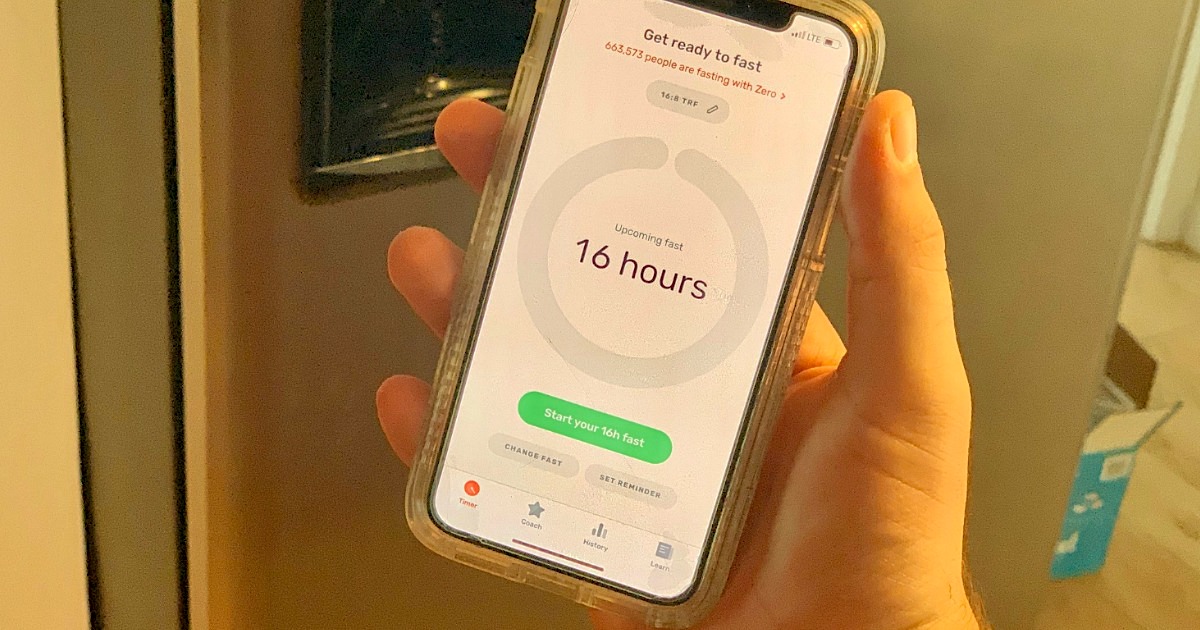
Have questions for a dietitian nutritionist who “gets” keto and intermittent fasting?
Our keto nutritionist is here to help you with everything about keto and intermittent fasting, even Circadian Rhythm Fasting – all to keep you happy and healthy on your keto journey.
Please note that we’re not doctors, so if you have any specific questions regarding your own health, please consult with your trusted medical partner.
“I’m starving when I fast.”
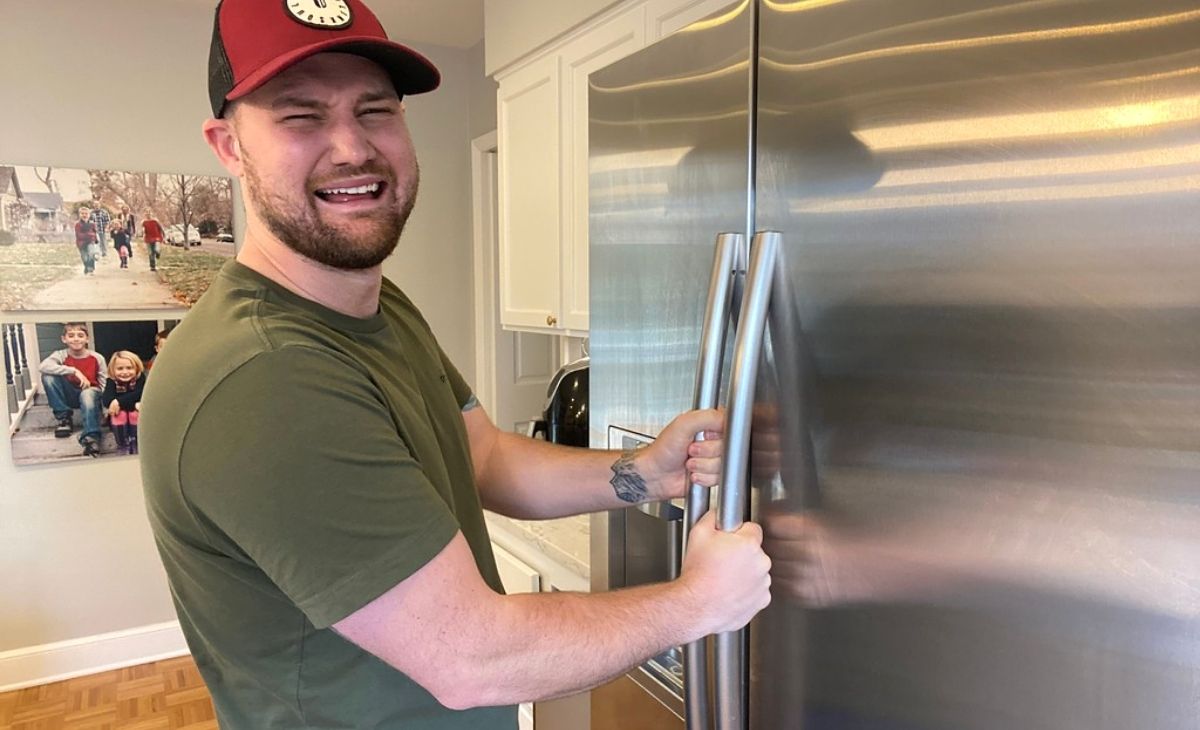
If you find yourself constantly feeling hungry when you try intermittent fasting, it may be beneficial to re-examine your approach to fasting and keto. So let’s back up for a minute…
Keto and intermittent fasting complement each other very well. In fact, you should consider it more like keto with intermittent fasting. If you’ve been eating keto for some time, you’ve probably noticed that you don’t get as hungry as you did prior to keto. When you’re following a strict keto diet, the goal is for your body to burn fat for fuel. Ideally, you want your body to be able to use your own stored fat for fuel, as well as the fat you consume. When your body runs on fat, you’re in ketosis.
Fasting mimics keto in that it induces ketosis. When you’re not eating, your body will first burn through any available glucose and then switches to running on fat. If you’ve been following a keto diet, then the transition to fasting should be fairly easy.
If you’re struggling with intermittent fasting, you might need to take a closer look at exactly how many carbs you’ve been eating and if you’re actually following a keto diet. But if you haven’t been doing keto, it’s likely that fasting may be more of a challenge.
“I’ve been following keto but still struggle with intermittent fasting.”

Another approach to making keto and intermittent fasting easier is to start slow. You don’t have to do a 24-hour fast right from the get-go! There are many different approaches to take with intermittent fasting.
I recommend that people start with a 12-hour fast overnight and then work their way up to a 14-hour, then 16-hour, then 18-hour, then 20-hour fast, and so on. That way you ease into fasting and can find the sweet spot where you function at your best.
Mindset is also key! If you plan on fasting and mentally prepare yourself to not eat for a set period of time, the whole process is a lot easier. Think of a time when you got too busy to eat and missed a meal. Remember how “hangry” you felt because you were planning on eating and then didn’t? Preparation can be a make-it or break-it factor.
Read more tips & tricks for keto fasts here!
“Is it okay to intermittent fast every day?”

Intermittent fasting goes very well with keto and is a great tool to help with health and longevity. However, doing an intermittent fast on a daily basis may make it difficult to get all the nutrients your body needs to be healthy and function properly. Think about why you want to practice intermittent fasting and your long-term goals.
One has to be very mindful to ensure they’re getting adequate nutrition and calories in the allotted eating window of the intermittent fasting schedule. Also, having too strict of a calorie deficit on a daily basis for an extended period of time may eventually result in lowering your metabolic rate. If your body doesn’t have enough fuel, it goes into conservation mode and everything slows down.
I recommend alternating intermittent fasting or taking breaks, such as one day on, one day off, or incorporating intermittent fasting two to four days per week with a full break on the off days. This will keep your internal engine revved up and allow for adequate nutrient intake.
Slip up and have a carb-binge? Here’s how to get back on track with keto.
“What is circadian rhythm fasting?”
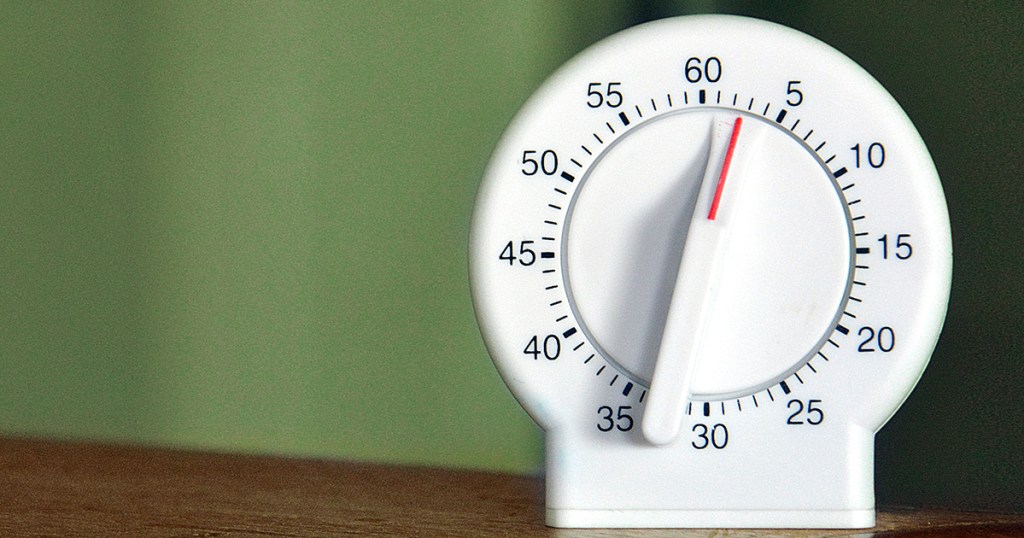
Circadian rhythm fasting (also known as “time-restricted eating”) is based on timing the window of eating and fasting with our body’s internal clock. Primarily, the goal is to stop eating about two to three hours before bedtime with a fasting window of 12 to 14 hours, essentially timing your eating schedule around sunset and sunrise.
With circadian rhythm fasting, no substances should be consumed that can cause your gut to stay awake when it should be resting. This includes coffee, teas, zero-calorie sweeteners, etc. — only plain water is allowed.
Although circadian rhythm fasting may help with weight loss, this is not the main purpose, but rather for optimizing health by decreasing risk factors for chronic disease, in turn improving life span. Think longevity!
The 7-Day Fast: Benefits, Challenges, & Collin Shares Her Own Experience!

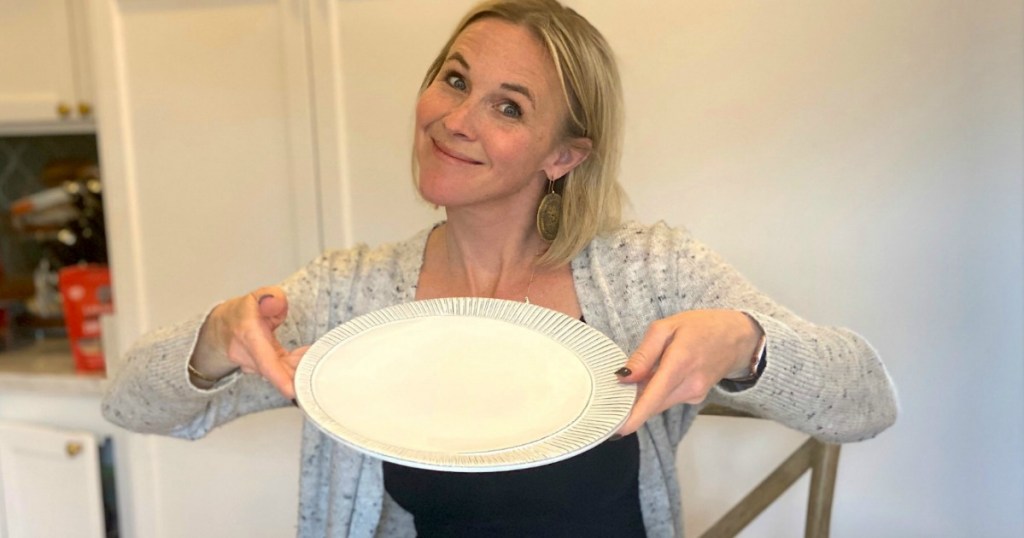


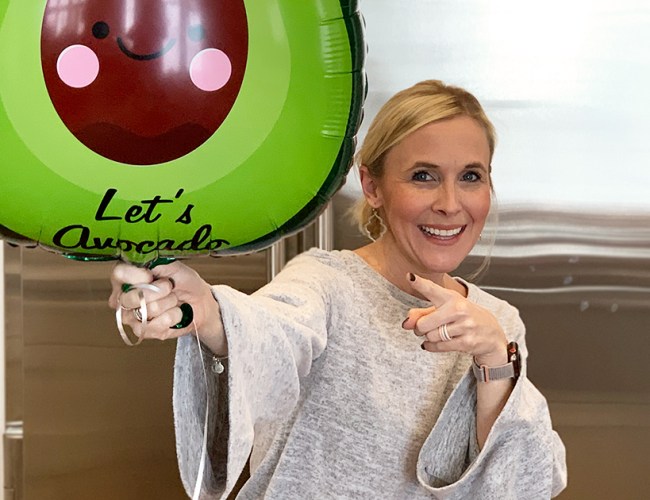
I typically fast everyday. Not because I IF perse but because that is what is natural to me. I eat between 9:30-5:30. That is when I am hungry first. I love how intuitive KETO eating is. I always forced myself to eat before because I was told that is what you were “supposed” to do. Now I just eat if I am hungry and don’t eat if I am not. I don’t worry about the time of day. It honestly is so freeing.
I do this as well. A proper breakfast when I feel hungry. Only once a day and if I feel nauseous I eat a few crackers and i’m fine. I drink lots of water and 1 coffee a day. I’ve lost 26 pounds. I feel awesome!
I’m an early riser, 6:00. I usually started my day with coffee and cream and ate breakfast around 8:00. I’m surprised how much energy I have fasting. I have done IF before with good results.
Awesome! Glad to hear it has been successful for you in the past! Thanks for sharing with us, Charwyn!